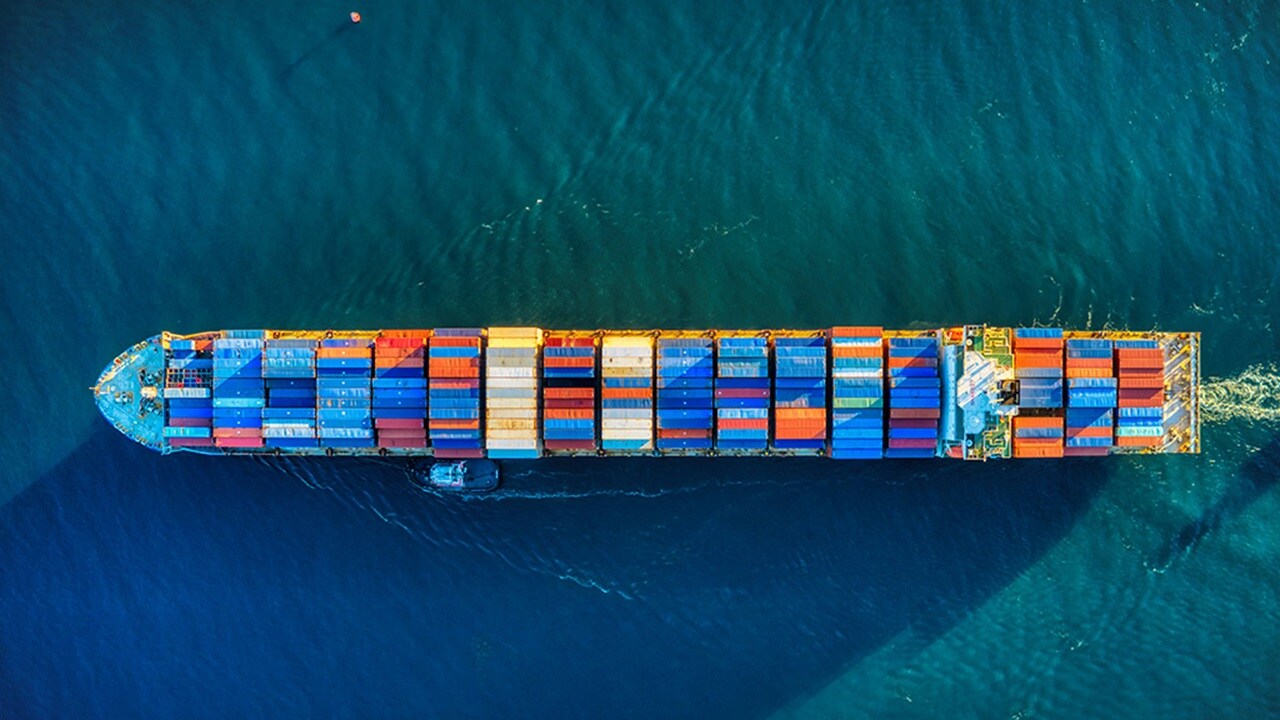After almost three years of unprecedented supply chain disruptions, 2023 will bring its own unique set of challenges and opportunities. The effects of the COVID-19 pandemic, the rising cost of living, and geopolitical unrest can be expected to ripple into 2023. The worst of the congestion that has plagued logistics is easing, but new issues are emerging along with possibilities for growth. What the last few years have made clear is that being prepared is key to survive and thrive, whatever the circumstances.
As those in the freight forwarding industry finalise their strategies for 2023, here are some key trends to watch out and prepare for in the coming year.
1. The unexpected becomes expected
The black swan events that came in flocks in 2022 reinforced the importance of flexible and resilient supply chains for the freight forwarding industry. These random, unexpected events can have a huge, disruptive effect on supply chains. From the continued effects of the COVID-19 pandemic to the Suez Canal obstruction and the war in Ukraine, supply chains were repeatedly tested in the past few years. Additional challenges for the freight market included staffing shortages, capacity issues, inflation, and demand peaks.
More than ever, supply chains are subject to varied and unpredictable challenges and issues. 2023 will be no different and the need for both domestic and international freight forwarders to ensure they are resilient and ready for anything, has never been greater. Agility, flexibility, and visibility – often facilitated by digitalisation - are all key to riding out a storm. With the right technology and ability to collect and analyse data, freight forwarders can improve efficiency. They are also better equipped to capitalise on opportunities outside of periods of disruption. According to a McKinsey survey, 90% of supply chain leaders reported investing in digital supply chain management technology since 2021, with 80% expecting to continue to invest in 2023 and beyond, often to support advanced planning.
2. Economic uncertainty and the rise of protectionism
With geopolitical conditions and rising inflation, 2023 is widely tipped to bring a slowdown in economic activity. The International Monetary Fund (IMF) is predicting global economic growth to go from 6.0% in 2021 to 3.2% in 2022 and 2.7% in 2023. Meanwhile, the World Trade Organisation recently revised its growth forecast for global trade in 2023 to just 1.0%, down from an earlier estimate of 3.4%. This loss in momentum in many markets will significantly impact freight forwarders’ customer base. Meanwhile, Maersk’s latest market update expects global container demand to fall by 2% to 4% this year. It says freight rates are coming down faster than expected and the global container market will be “broadly flat to negative” in 2023.
More and more countries are implementing, or considering implementing, protectionist strategies to stem exports and protect domestic needs. As a result of the Ukraine-Russia crisis alone, the International Food Policy Research Institute’s food trade policy tracker showed 29 countries put export bans for food in place, equivalent to over 18% of the world’s total calories. The Chartered Institute of Procurement and Supply (CIPS) says the trend is one of global concern. It has identified food and oil as common targets for protectionist schemes, but that the range of product categories affected is expanding. These schemes are intended to offer protection during a crisis, but the continuing rise in their adoption can have a huge impact on the freight forwarding industry. It reinforces the need for freight forwarders to futureproof their supply chains, ensuring they are dynamic, agile, and flexible so they are ready for any supply chain disruption and equipped to respond effectively and quickly.
The global freight forwarding business is highly fragmented. Transport Intelligence (Ti) notes that mergers and acquisitions have been increasingly active in the past two years because of uncertain and turbulent conditions. With the economic situation deteriorating, it is likely that 2023 will bring further consolidation in freight forwarding, as companies seek to increase their capabilities and geographical reach.

3. Decarbonisation as the watchword
Global attitudes to climate change have shifted dramatically in recent years and will continue to be a central freight forwarding industry trend in 2023. An Economist Intelligence Unit report found searches for "sustainable goods" has increased by a total of 71% since 2016. According to the 2022 Global Sustainability Study by Simon Kucher & Partners, 71% of consumers around the world are making changes to "live more sustainably". In all, 66% of consumers rank "sustainability" as one of the top five drivers behind a purchase decision, up from 50% in 2021. When it comes to reducing greenhouse gas (GHG) emissions, the freight forwarding industry can play a key role.
The Sustainable Freight Buyers Alliance says that freight transport accounts for 8% of global CO2 emissions, with a predicted increase to 42% by 2050. Freight forwarders hold important procurement power and can support the transition to decarbonising the logistics industry. By asking and opting for transport products with lower GHG emissions, they can help shift the dial. They can also be advocates for digitalisation, which can help identify pain points and efficiencies in the supply chain to improve decarbonisation.
4. Digital freight forwarders take centre stage
Digital transformations are happening in most industries, and freight forwarding is no exception. Digital freight forwarders use technology to coordinate and control the transportation of goods.
Digital freight forwarders have many strengths, including:
- Greater ability to measure and meet supply and demand
- Opportunities to improve efficiency
- Increased ability to centralise and analyse data
- Automation and simplification of tasks
The global digital freight forward market is expected to grow at an average rate of 23% over the next few years, according to Allied Market Research. It started at just USD 2.92 billion in 2020 and will reach $22.9 billion in 2030. This equals over 8% of the total global freight forwarding market, with 2023 being a key year for innovation and growth.
The growing importance of digital freight forwarding may also contribute to more consolidation in the industry, with companies seeking to increase their technological capabilities.
Overcoming challenges and seizing opportunities in 2023
The worst disruptions of recent years appear to be behind the freight forwarding companies. The Sea Intelligence consultancy recently reported that, in the absence of unexpected disruptions, shipping strains will return to normal by March 2023. But, as old challenges fade, new ones will take their place. Understanding freight forwarding industry trends and being prepared for all scenarios by prioritising supply chain resilience and agility will be part of the solution.
2023 will be a year unlike any other for the freight forwarding industry and one that will require being ready for any challenge.
Sign up to The Logistics Pulse newsletter
You did it, welcome onboard!
We're sorry, but there was a problem sending your contact request.
Please review the form fields and ensure all required information is provided correctly. If the issue persists, please contact our support team for further assistance.
Sign up to The Logistics Pulse newsletter
Receive our insights directly in your mailbox by signing up through this form and enter a world of truly integrated logistics. Get inspired by our selection of articles that help you navigate supply chains, understand industry trends, and shape your logistics strategy. You can unsubscribe anytime.













